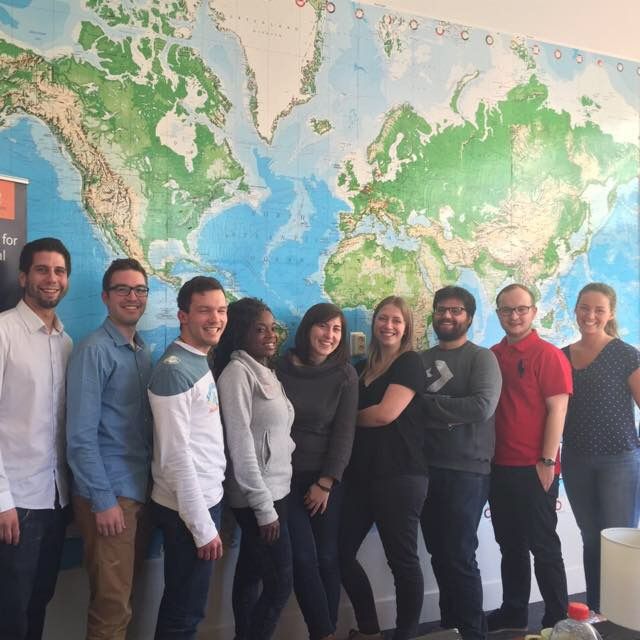Going abroad for one or two semesters while studying is a part of almost every university degree right now.
For example, the EU’s Erasmus program provides nearly 270,000 students every year with the opportunity to experience a foreign country. And these students invariably need a place to stay and to get someone to take over their room while they’re away.
This is where the online platform Housinganywhere.com comes in. “We want to make it easier for students who are going abroad to find a place to live, so they don’t have to say ‘no’ to their placement at the university just because they can’t find a place to live,” explained Erica Stråhle, the account manager for Scandinavia and Finland.
“Our vision is to provide housing for every student in the world.”
Partnering with universities
The company was founded in 2009 by students in Rotterdam who wanted to make it easier for Erasmus students to find a place to stay during their exchange.
The platform’s main service is to provide a space where students can rent out their rooms while they go abroad and also find a room at their destination.
Housinganywhere.com has accordingly teamed up with universities that offer exchange programs. The institutions pay an annual fee to the company in order to offer the service to their students for free.
According to Stråhle, this concept seems to work quite well. “We now have 100 partner universities that offer this platform to their students: from Tromsø to Singapore, and from Los Angeles to Bologna.”

Denmark offers good market
“Since we want to reach out to as many students as possible all over the world, getting into Scandinavia was a natural step in our bid to expand globally,” continued Ståhle.
The business came to Denmark in 2012, where it is now performing best of the Scandinavian countries. With seven partner universities in the country so far, there is still potential to expand, and the company uses student ambassadors to promote its services.
Even though housing markets are difficult to navigate in all European capitals, Stråhle considers Copenhagen different. “There is a good response in Copenhagen, which is brilliant to see!” she enthused.
Providing security
As opposed to some of the other websites in the market, Housinganywhere.com offers a ‘security payment’ option, making sure that both tenant and landlord get what they expect to.
However, it is not impervious to scams. While the company encourages the students to Skype with their potential tenants and landlords before making a decision, it is never guaranteed that one gets what one expects. “We do not take responsibility if something like that happens – it is stated in the terms and conditions at the website,” cautioned Stråhle.
One amongst many
In Denmark, as well as other European countries, there are several websites that offer quite similar services, but with a broader spectrum of people offering their rooms and apartments.
This can be an advantage for people searching for a room who are not registered students, such as interns for example.
Meanwhile, Housinganywhere.com will continue to expand in the region, especially in Norway and Sweden, and work on its website, improving its features and design.















